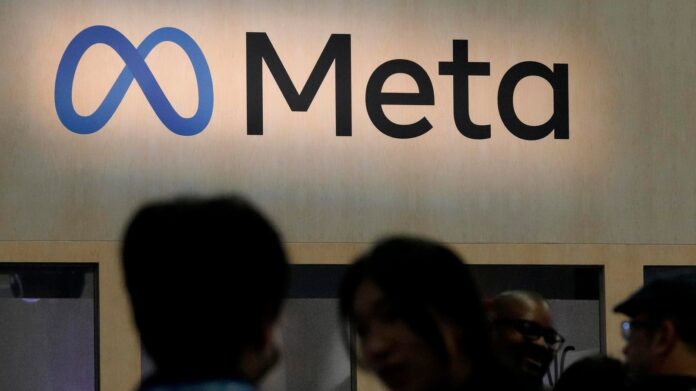Meta recently eradicated a vast network of over 4,700 fake accounts originating from China, masquerading as Americans, to disseminate divisive content on US politics and US-China relations. The removed network engaged in spreading polarising content across various topics, including abortion, culture wars, and aid to Ukraine. While Meta didn’t directly tie the profiles to Chinese officials, it observed a surge in such networks from China ahead of the 2024 US elections, making China the third-largest geographical source after Russia and Iran.
Outlined in Meta’s quarterly threat report, the China-based network employed copied profile pictures and names from global users, displaying a lack of ideological consistency. These accounts shared and liked each other’s posts, occasionally duplicating content directly from X (formerly Twitter) and even verbatim posts from US politicians, spanning both Republicans and Democrats.
The content shared by these networks often references accurate news stories but is strategically used to manipulate public opinion, create division, and amplify specific viewpoints. Meta’s moderation rules prohibit “coordinated inauthentic behaviour,” where groups of accounts collaborate using false identities to mislead users.
The Chinese network was dismantled before gaining traction among real users, according to Meta. Ben Nimmo, leading investigations into inauthentic behaviour on Meta’s platforms, notes the ongoing challenge of such networks in building audiences but emphasises the need to remain vigilant as foreign threat actors attempt to reach people online before the upcoming elections.
Meta’s report also highlighted two smaller networks, one China-based focusing on India and Tibet, and another Russia-based network posting primarily in English about the invasion of Ukraine and promoting Telegram channels. The report also noted the cessation of the US government sharing information about foreign influence networks with Meta since July, a matter currently under consideration by the Supreme Court, contributing to the broader debate about the government’s role in collaborating with tech companies and its potential impact on free speech.

















